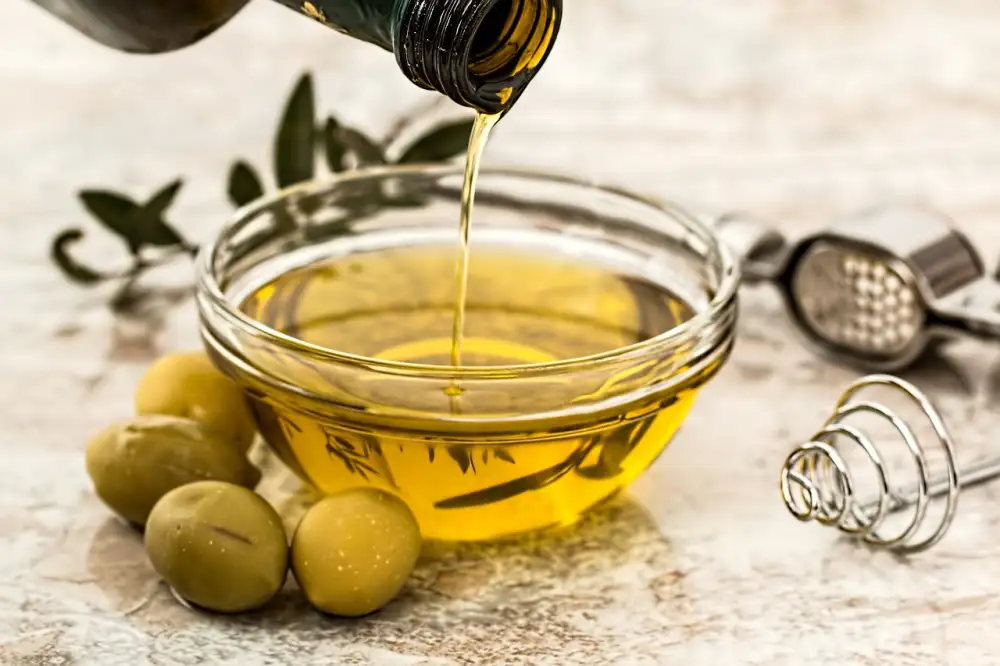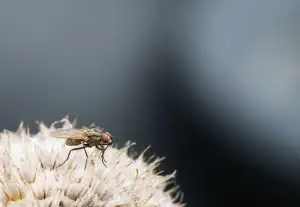Can Peppermint Oil Effectively Repel Mice? Discover the Truth in Our Home Guide

- Understanding the problem: The presence of mice in homes and the need for safe and efficient solutions
- The science behind peppermint oil: Examining the properties that make it a potential mouse deterrent
- How to use peppermint oil: Practical tips and methods for applying peppermint oil to repel mice
- Potential benefits and limitations: Weighing the advantages and drawbacks of using peppermint oil as a mouse repellent
- Other natural alternatives: Exploring additional options for keeping mice away from your home
Introduction:
In the quest for a safe and effective solution to keep mice out of our homes, many have turned to peppermint oil as a natural mouse repellent. But does it really work? In this home guide, we delve into the world of peppermint oil and its potential as a mouse deterrent. We explore the science behind its properties, provide practical tips on how to use it, and weigh the benefits and limitations of this method. Join us as we uncover the truth about whether peppermint oil can effectively repel mice in a home setting.
Understanding the problem: The presence of mice in homes and the need for safe and efficient solutions
Mice are unwelcome guests in any home, causing damage to property and spreading diseases. Traditional methods of mouse control often involve the use of toxic chemicals or traps, which can be harmful to both humans and pets. This has led many homeowners to seek safe and efficient alternatives for mouse repellent. Peppermint oil has emerged as a potential solution due to its natural properties and pleasant scent. In this article, we will explore whether peppermint oil is truly effective in repelling mice and provide insights into other natural options for keeping these pests at bay.
The science behind peppermint oil: Examining the properties that make it a potential mouse deterrent
Peppermint oil contains a compound called menthol, which is known for its strong scent and cooling properties. This scent is believed to be highly unpleasant to mice, as their sense of smell is much stronger than humans'. Additionally, the strong aroma of peppermint oil can mask the pheromones that mice use to communicate and navigate their surroundings. This disruption in communication can disorient and deter mice from entering or staying in an area treated with peppermint oil. While further research is needed to fully understand the science behind this natural mouse deterrent, these properties make peppermint oil a promising option for those seeking a safe and effective solution to keep mice away from their homes.
How to use peppermint oil: Practical tips and methods for applying peppermint oil to repel mice
When it comes to using peppermint oil as a mouse repellent, there are several practical tips and methods you can try. First, you can soak cotton balls in peppermint oil and place them in areas where mice are commonly found, such as near entry points or in cabinets. Alternatively, you can mix a few drops of peppermint oil with water in a spray bottle and spritz it around your home. Another option is to purchase peppermint oil-infused sachets or pouches and strategically place them in areas where mice may be present. Remember to reapply the oil regularly to ensure its effectiveness.
Potential benefits and limitations: Weighing the advantages and drawbacks of using peppermint oil as a mouse repellent
Peppermint oil offers several potential benefits as a mouse repellent. Firstly, it is a natural and non-toxic solution, making it safe to use around children and pets. Additionally, the strong scent of peppermint oil can mask the pheromones that attract mice, making your home less appealing to them. Moreover, peppermint oil is readily available and affordable.
However, there are also limitations to consider. The effectiveness of peppermint oil may vary depending on the severity of the infestation and the specific circumstances of your home. It may not be as effective in repelling mice compared to traditional methods such as traps or professional extermination services. Furthermore, peppermint oil needs to be reapplied regularly to maintain its potency.
While peppermint oil shows promise as a natural mouse repellent, it is important to remember that results may vary. It may work well as a preventive measure or in combination with other deterrents but might not be sufficient on its own for severe infestations. Consider consulting with pest control professionals for more effective solutions if you are dealing with a persistent mouse problem in your home.
Other natural alternatives: Exploring additional options for keeping mice away from your home
While peppermint oil has shown promise as a mouse repellent, there are other natural alternatives worth considering. One such option is using vinegar, which has a strong odor that mice dislike. Simply mix equal parts vinegar and water in a spray bottle and apply it to areas where mice are likely to enter or reside.
Another effective method is using essential oils like citronella, eucalyptus, or lavender. These oils have strong scents that can deter mice. Dilute a few drops of the oil in water and spray it around your home.
Additionally, you can try using mothballs or cotton balls soaked in ammonia. The pungent smell of these substances can repel mice effectively.
It's important to note that while these natural alternatives may work well as preventive measures, they might not be as effective in getting rid of an existing mouse infestation. In such cases, it's advisable to seek professional pest control assistance.
By exploring these natural alternatives and finding the one that works best for you, you can ensure a mouse-free home without relying on harmful chemicals or pesticides.
In conclusion, while peppermint oil has been touted as a natural mouse repellent, its effectiveness in a home setting is still debatable. Some studies suggest that the strong scent of peppermint oil may deter mice from entering an area. However, there is limited scientific evidence to support its long-term efficacy.
It is important to note that peppermint oil alone may not be sufficient to completely eliminate a mouse infestation. It should be used in conjunction with other preventive measures such as sealing entry points and maintaining cleanliness in the home.
Ultimately, the decision to use peppermint oil as a mouse repellent depends on personal preference and tolerance for potential drawbacks. If you are looking for a safe and chemical-free option, it may be worth trying. However, if you are dealing with a severe infestation or have concerns about its effectiveness, it is advisable to consult with pest control professionals who can provide more reliable solutions.
Published: 24. 12. 2023
Category: Home



